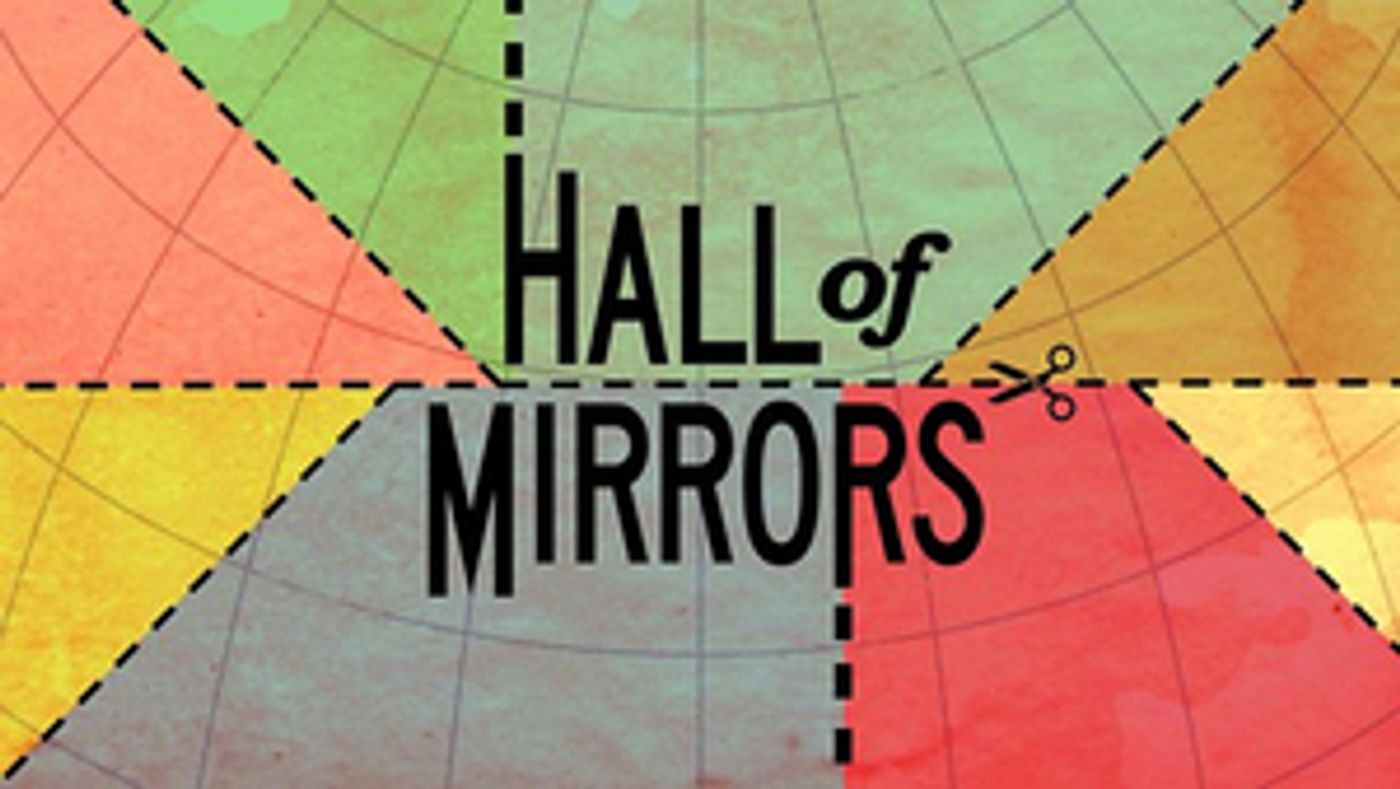Guest Blog: Composer Susannah Pearse On HALL OF MIRRORS
The new play about the Treaty of Versailles airs on BBC Radio 3 this Sunday

My collaborator Robert Hudson and I first got interested in writing a musical about the Treaty of Versailles about five years ago. We'd toyed with the idea before, but the Brexit vote and the widening political divide within both the UK and America gave us the impetus we'd been missing, and we began to write the first draft of what eventually became Hall of Mirrors.
Our first attempts were all dingy meetings in dull rooms (the characters, not us) and earnest ballads sung by bureaucrats sitting on endless committees, poring over shifting border lines at the end of the First World War.
Fast-forward through several development stages, we found our leading characters and also our way in: John Maynard Keynes (British economist; pessimist or realist depending on your perspective; a real person who tried to warn the British government that excessive reparations for Germany at the end of the First World War would inevitably lead to the Second), and Honor Paige Whary (American bureaucrat; optimist or innocent, again depending on your perspective; an almost entirely imagined person with unshakeable faith in the power of principles and the value of hard work).
Musicalising these characters (played by Jamie Parker and Patsy Ferran) began with starting from their essential characteristics. So while there was a temptation to take Keynes' detachment at face value (we even discussed the idea that, logical and methodical as he was, he might not sing) we both felt he needed to have an emotional depth to his music that indicated his desire to do more than stand on the sidelines (even if he couldn't work out exactly how to do so).
I tried to do him justice through melodic lines which are more soaring and wide-ranging than might be expected, and by his lyric style, which alternates between clipped and expansive. Likewise, Honor's essential optimism is embodied in her cheerful music and lyrics, but she too is much more than this; she knows that the Treaty is the work of their lives, and she is not beyond resorting to borrowing other people's music if it will help.
The real-life Keynes ended up marrying Lydia Lopokova, a brilliant ballerina and artist (who his intellectual Bloomsbury friends looked down on). Lydia features in our musical too - even though in reality she and Keynes met several years after Versailles.
I used musical material from the various ballets Lydia danced in (and some she didn't) including Coppélia by Delibes and Parade by Erik Satie. These form the basis of much of Lydia's music, and, later, as she and Keynes become romantically involved, some of Keynes' music too. We couldn't do the actual ballet on the radio (more's the pity) but we don't rule out you trying that in your kitchen.
I hope, ultimately, that the score, like the drama, is a reflection of the world then and now. In the final song, Keynes appeals directly to the audience to imagine something better. A few years before he died, the real Keynes was appointed chair of the Committee for Encouragement of Music and the Arts - the organisation that established the Arts Council in 1946. In these fragile, fractured times, surely that's the sort of committee we can all get behind?
Hall of Mirrors is on BBC Radio 3 on Sunday 27 March at 7.30pm and thereafter on BBC Sounds
Videos

